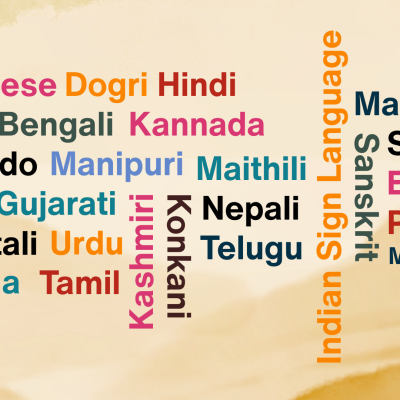Desire
Friendship – a place where we can be ourselves as we truly are, with no artifice. A place of peace,…
That’s what books do, they open up the world to new possibilities, let you live a life bigger than your own.
The Debrief is a girlhood ritual as old as dating itself.
“दोस्त” का इकलौता विकल्प ख़ुद “दोस्त” है। स्थिर और एकमात्र।
The only substitute for “friend” is “friend” itself. Irreplaceable, singular.
But we always, always know that when it’s the two of us, a label or a word isn’t needed or necessary. We both get each other.
How am I bringing myself into the erotic moment I am sharing with a lover?
We all are members of ‘The Side People’. No, we don’t sit around a table every Saturday to cry.
We are trained to see friendship as secondary love, but what if it is the first?
… technology, when designed with love and local wisdom, can transform both climate adaptation and sexual health outcomes.
Today I told him that rain wasn’t from evaporation or condensation. I said clouds cried because they missed water so much.
My birthday is in May, a peak time of summer heat in the Awadh region of Uttar Pradesh. We knew that it was going to be hot, but did not have any idea of how bad it could get.
सेक्शूऐलिटी और जलवायु परिवर्तन के कारण जलवायु आपदाओं के बीच का रिश्ता भले ही सीधा न दिखाई दे, लेकिन यह बेहद गहरा और महत्वपूर्ण है।
The glorious heights of self-actualisation to which some words beckon us, the promises lying within others, it’s all language.














… that feels so personal to me as a teenage girl, because it is indeed, “so confusing sometimes to be a girl.”